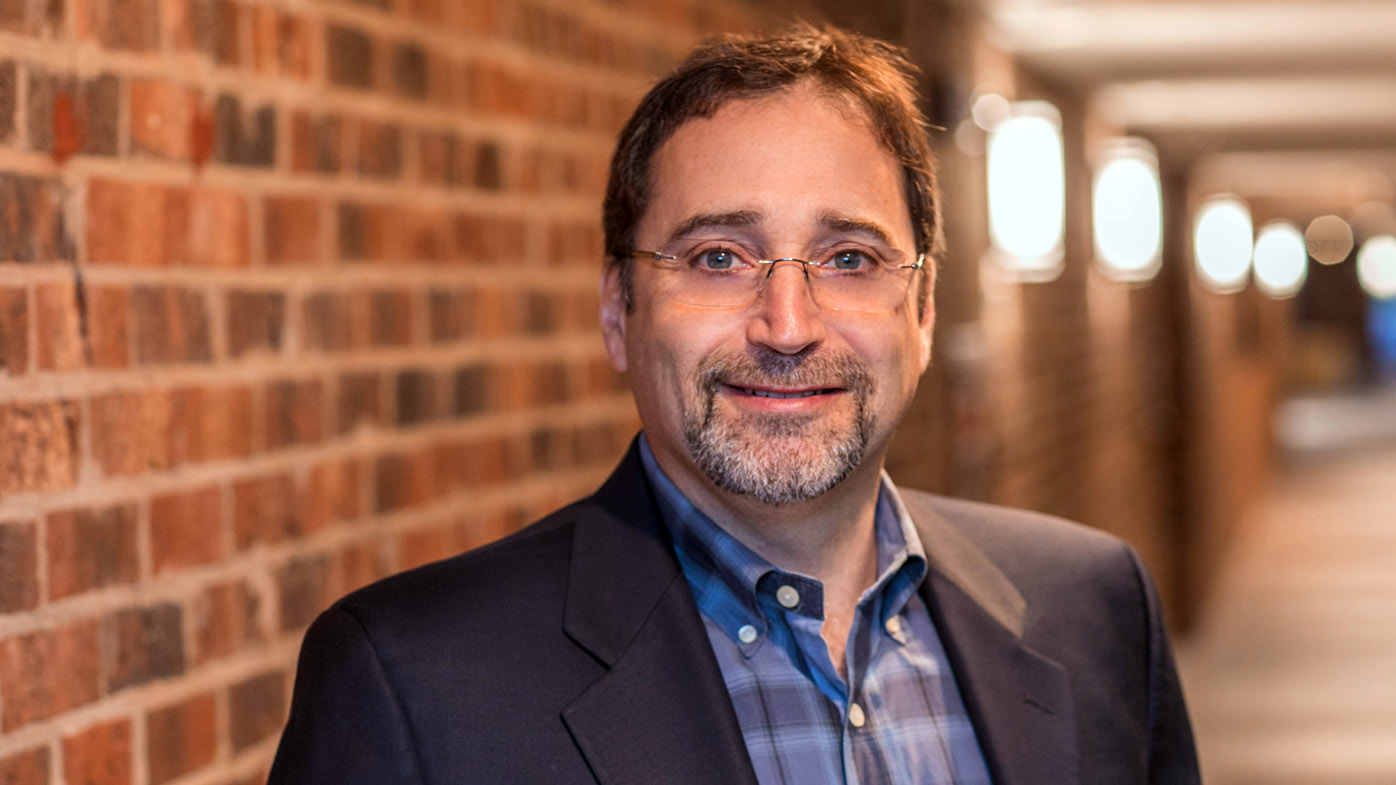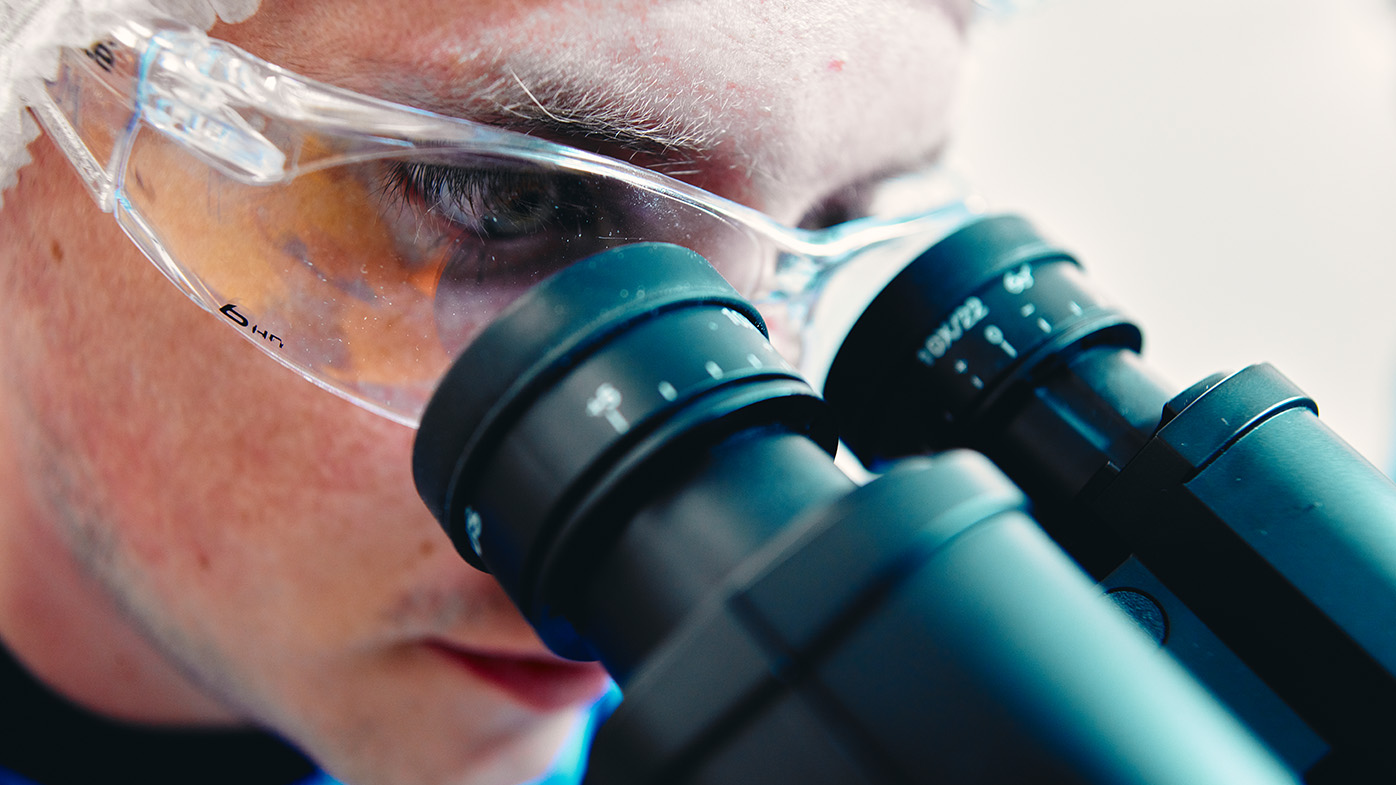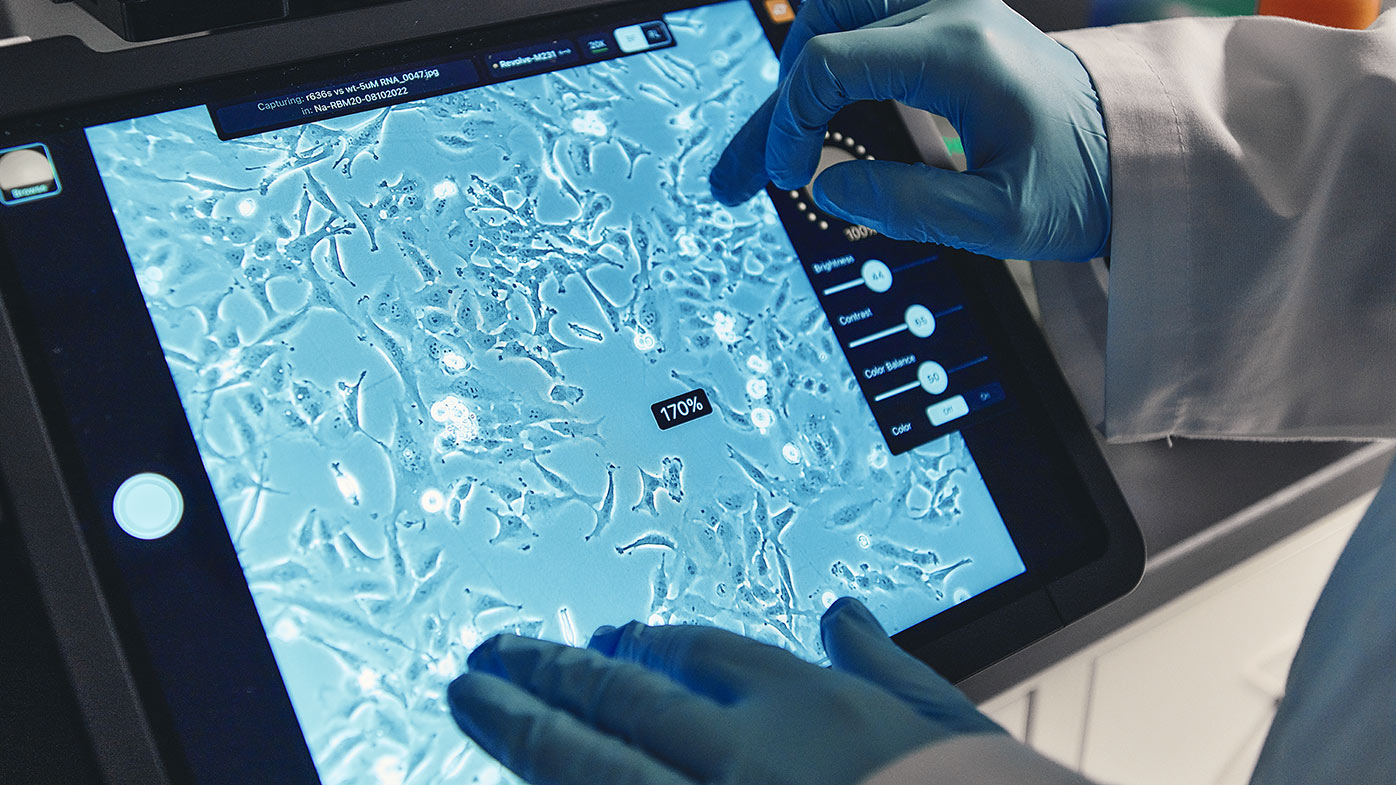Our research in cardiovascular disease
At Bristol Myers Squibb, we are building on our 70-year legacy of discovering and developing paradigm-changing medicines, leveraging our experience and expertise formed over the past several decades to take cardiovascular research to the next level. Our R&D philosophy is to change the course of disease by developing medicines that are first in class, best in class.
Featured in cardiovascular
Intended for healthcare professionals, scientific audiences and media.
We have always been driven by where the need is, to fulfill our mission by creating a world with better outcomes for those living with cardiovascular disease. Where others see challenge and risk, we see opportunity and motivation.
Our commitment to developing medicines to address the global burden of cardiovascular disease has never wavered; in fact, it is as strong as ever.
Our cardiovascular focus areas
HCM is a chronic and progressive disease of the heart muscle in which the main pumping chamber (the left ventricle) becomes abnormally thick. It is harder for the HCM heart to relax normally and fill with blood, which reduces the amount of blood the left ventricle (lower heart chamber) can hold and send to the body with each heartbeat. The thickened heart muscle can also pump with too much force, increasing the heart muscle workload, causing the heart to use too much energy with every beat.
Scientific and disease-state resources
Explore our stories
Atrial fibrillation (AFib)
Approximately 8.7 million patients in the U.S. have AFib not caused by a heart valve problem, and it is estimated that by 2030, approximately 12 million people in the US will have AFib.
Scientific and disease-state resources
Explore our stories
ACS is a term used to describe situations in which the blood supplied to the heart muscle is suddenly blocked, and includes myocardial infarction (MI), also known as a heart attack, and unstable angina (sudden, severe chest pain that typically occurs when a person is at rest or with minimal exertion).
Heart failure
Heart failure is a progressive, debilitating disease characterized by a deterioration of heart function and supply of blood to critical organs.
Scientific and disease-state resources
Explore our stories
Secondary stroke prevention
A stroke occurs when blood that carries oxygen and nutrients to the brain is either blocked by a clot or bursts (or ruptures). When that happens, part of the brain cannot get the blood (and oxygen) it needs, and brain cells die.[i] Having a stroke leads to higher risk for a second one; one in four stroke survivors will have another stroke.
- High risk of stroke recurrence and risk can remain after treatment.[ii]
- Residual risk of ischemic stroke and bleeding events also remains a concern and balancing antithrombosis with risk of bleeding is challenging.
[i] American Stroke Association. About Stroke. Accessed September 20, 2024. https://www.stroke.org/en/about-stroke.
[ii] Mohan KM, Wolfe CD, Rudd AG, Heuschmann PU, Kolominsky-Rabas PL, Grieve AP. Risk and cumulative risk of stroke recurrence: a systematic review and meta-analysis. Stroke. 2011;42(5):1489-1494. doi:10.1161/STROKEAHA.110.602615.
Explore our scientific resources
About Bristol Myers Squibb
Bristol Myers Squibb is a global biopharmaceutical company whose mission is to discover, develop and deliver innovative medicines that help patients prevail over serious diseases. As global citizens, we work sustainably and responsibly to create a positive impact in the communities where we live and work.



















